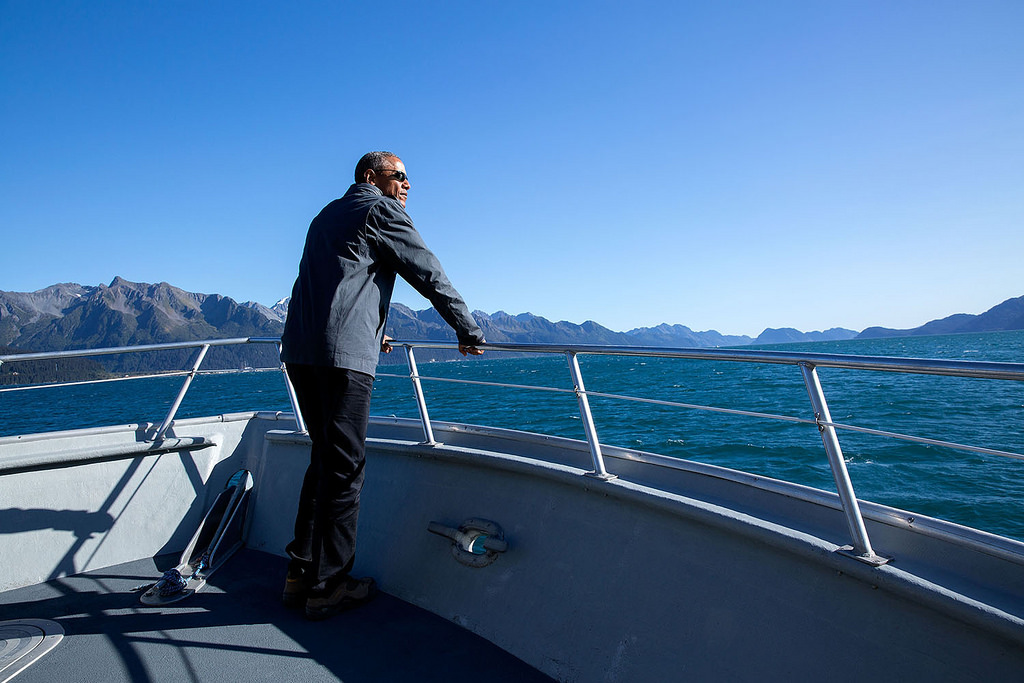
Climate change exacerbates existing health and socioeconomic inequities, placing children, the elderly, the sick, the low income, and communities of color at particular risk. These communities often have limited capacity and resources necessary to prepare for and adapt to a changing environment. That’s why the Obama Administration is developing policies to address climate change in a way that makes equity a priority: empowering communities in transition, meeting folks where they are, and producing opportunity for all.
For example, during his landmark trip to Alaska in 2015, President Obama announced a variety of initiatives aimed at increasing resilience in Alaska Native communities, where the impacts of climate change have forced communities to alter their way of life. More recently, on January 21st, HUD announced the winners of the nearly $1 billion National Disaster Resilience Competition (NDRC). Those 13 cities, states and counties submitted applications that highlighted projects to help strengthen resilience in their most vulnerable low- and moderate-income communities. On the same day, the Corporation for National and Community Service announced a commitment of $4 million over three years to provide Resilience AmeriCorps members to the 27 NDRC finalists that did not receive funding.

The Administration is taking further steps to support strategies aimed at protecting low-income and other vulnerable groups from the impacts of climate change. We are building resilience by expanding home weatherization and energy efficiency programs, restoring the urban tree canopy, improving storm water management, and enhancing food security in at-risk communities. Programs like these target those most at need of assistance by providing access to healthier, more affordable housing and food, and reducing the impacts that urban heat, local flooding, or other extreme events can have on vulnerable groups. The Administration is also taking steps to increase access to solar energy for all Americans and build a more inclusive workforce through a set of executive actions and commitments from leaders in the private sector.
While the Administration is developing programs and policies to help low-income and underserved communities adapt to climate change, true resilience comes from the leaders, innovators, and communicators who are working within these communities. Today, we need your help to identify these Champions of Change who are working within vulnerable communities to help ensure that those most at-risk of the negative impacts of climate change have ample opportunities to adapt and thrive in a changing future.
Click the link below to nominate a Champion of Change for Climate Equity by Friday, June 10, 2016 at 11:59 PM ET. Select “Climate Equity” as your theme of service.
Nominees may include:
- Citizens who advocated for policy changes that led to increased opportunities for engagement with and participation in climate change adaptation planning in low-income or underserved communities;
- Individuals who have been local leaders in raising awareness and engaging their communities on climate equity issues;
- Individuals within organizations or companies who have created effective education, training, capacity building, financing and other programs to assist low-income or underserved communities plan for and adapt to climate change, including promoting the use of renewable energy, energy efficiency and creating a more inclusive workforce;
- Individuals within organizations who facilitate communication between underserved communities and policy-makers about climate change adaptation and resilience; or
- Individuals within organizations or companies who have developed innovative technologies to assist low-income and underserved communities prepare for the effects of climate change.



